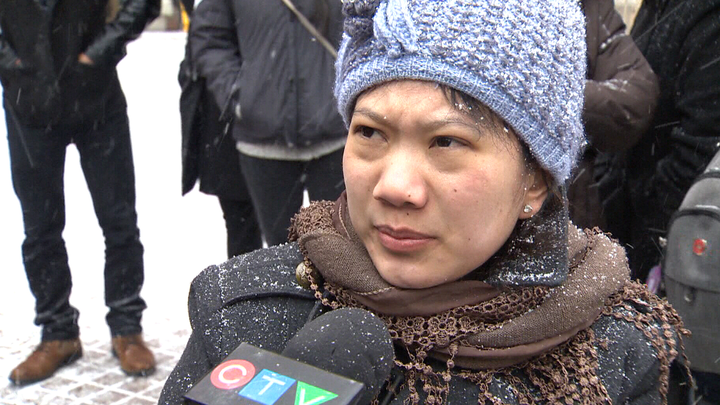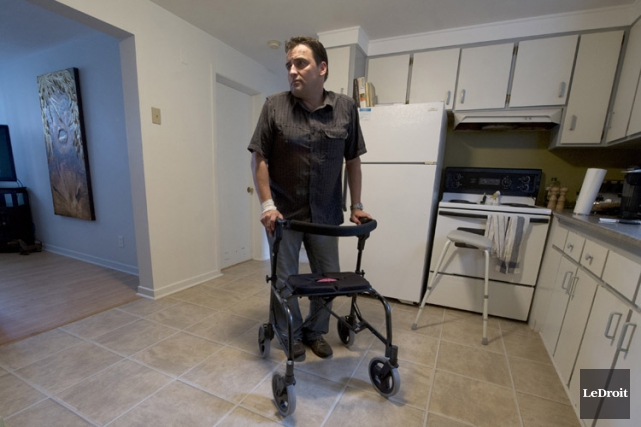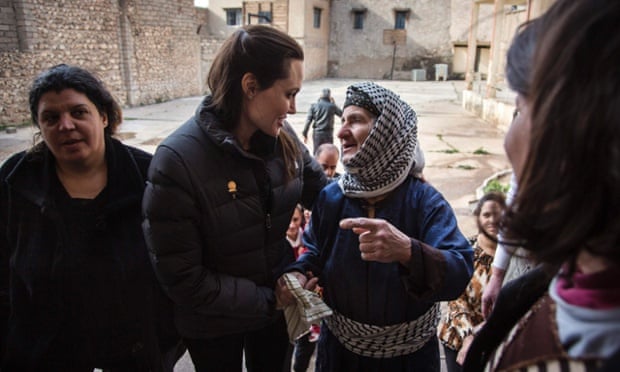A Distinguished Life
"He had the wits about him to realize he had to get the damn bag off his head if he was going to live. He crawled across the floor to where he knew there (were) some scissors and cut the thing off. He had a good deal of presence of mind for someone who's just been attacked by a much younger man. He didn't panic. He did what was necessary. Even at 101, he was not intimidated."
"He was a remarkable man with a sharp mind and a strong will to live."
Blair Seaborn, friend and neighbour of Canadian WWII veteran Ernest Cote
"Life is such that when you see these things happen to you, you try to get out. The important thing is to concentrate on how to get out of the position in which you happen to be. If you're afraid and paralyzed, you don't move. I was never afraid. I was not afraid of the landing, the D-Day landing. I was not afraid (of his attacker)."
"I was madder than a wasp, and I couldn't do a damn thing, and that's all I could do until he left. I was never afraid. I was madder than a wasp. Wasps ain't afraid; they're mad ."
"I met the British beach group. They were having elevenses. Morning tea. I asked them to have the dead bodies removed from the beach. Not a good sight for morale. I'd been told by Corps headquarters that we had to take a lot of wooden crosses over (on the landing craft). I told them to stuff it."
Ernest Cote, former soldier, civil servant, diplomat, 101

With the army as it fought through France and into Holland, he was promoted to colonel, eventually sent back to Canada to a staff position at National Defence Headquarters, in Ottawa. He left the military in 1945, was appointed second secretary to External Affairs where a 30-year career in the diplomatic service followed. He took part in the first meetings of the United Nations General Assembly, and became an adviser to the Canadian delegation involved in putting together the charter for the World Health Organization.
 |
| Ernest Cote received his Legion of Honour Award from the Ambassador of France, Phillippe Guelluy at the French Embassy to Canada in Ottawa on Thursday, May 27, 2004. (Tobin Grimshaw/Canadian Press) |
His ongoing career spanned various government departments and levels of personal position attainments from Deputy Solicitor General, to deputy minister in Indian and Northern Affairs and Veterans Affairs and an ambassadorship to Finland. He became governor at the University of Ottawa, and regent at the University of Sudbury. He was also a director, governor, secretary and vice-president of the Royal Canadian Geographical Society in the 1960s and 70s. Retired in 1975, he continued to live in Ottawa.
And it was in his Ottawa apartment in New Edinburgh on December 14 that a home invasion took place and he was attacked by a robust man half his age, who tied the aged veteran up and placed a plastic bag over his head, leaving him to die of asphyxiation. Ernest Cote felt unwilling to die at the hands of a vicious assassin; he had experienced the worst that war could throw at him, learned to negotiate his talented way around the world at the highest echelons, and decided he would go in his own good time.
That time arrived this week, and his departure is mourned by those who knew him, worked with him, befriended him, admired him and his intellectual brilliance and his courage. His assailant, as it turns out, has been identified. And, it would seem the man's attack against this noble figure was not the only time he had turned himself into a catalyst of brutal violence. That very man is now charged with the murders of three other elderly people; a retired judge and his wife and their neighbour.
Labels: Canada, In Memoriam


















